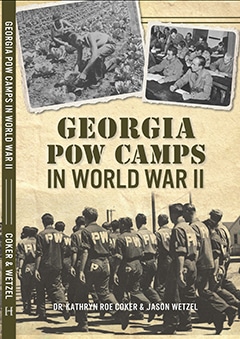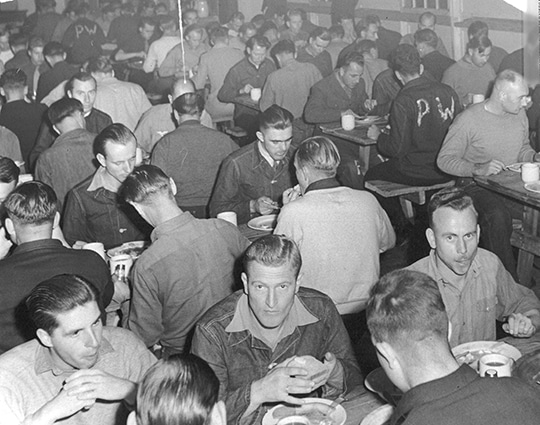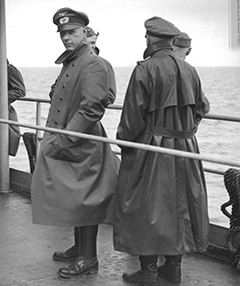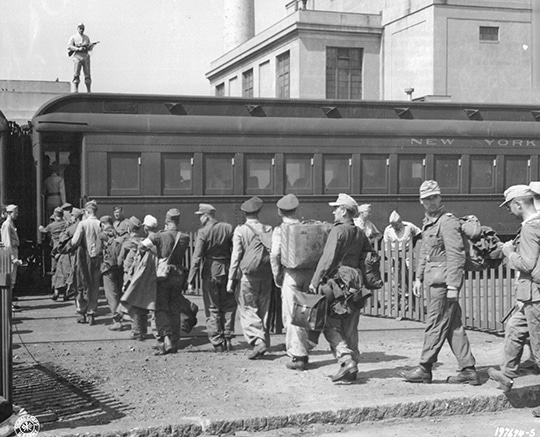
A historical work published by Arcadia Publishing and The History Press, the book documents captivity of the “Afrika Korps”, led by German General Rommel in 1943 and discloses what happened to the 12,000 German and Italian soldiers who were held in prison camps in over 40 locations across Georgia, including those at Fort Benning near Columbus, Ga; Fort Stewart in Liberty County, and Camp Wheeler, near Macon.
“I learned of this topic through my friend Kathy Coker, who is a co-author, and she brought my attention to the fact that there were German Prisoners of War in both WWI and WWII in Georgia, but we’re just concentrating on WWII,” said Wetzel. A former history teacher who went on to lead a career in communications before retiring, Wetzel has always been passionate about history, and most of his knowledge is self-taught.

“Through our research going to the Georgia Archives, the National Archives in the Washington area, and the Library of Congress, we were able to pull primary sources and photographs which we have in the book. I’ve done a photographic journey of what it’s like to be a prisoner of war from the time they get captured to their going home, talking and showing visually what it’s like to be in a camp and to be a prisoner,” Wetzel explained.
Readers will experience firsthand stories of surviving prisoners of war who often shared eye-opening information during interviews with Dr. Coker in the 1980s.
“Kathy had done research on the prisoners of war when she was a US Army Historian at Fort Gordon in Augusta in the 1980s, and that’s when she interviewed one of the men who was a former prisoner of war. He was a German soldier, and his name was Radbert Kohlhaas. He eventually became a priest after the War,” Wetzel said. Kohlhaas is one of several firsthand accounts included in the book, revealing the lives these men lead after their release following the end of WWII.

The pages detail how the prisoners actually contributed to the Homefront while all the able-bodied men and women were at war and reveal how farmers began to hire these young men who ultimately saved a variety of crops, including peanuts and soybeans from rotting in the fields.
What Wetzel and Dr. Coker hope to share is not for history and WWII buffs alone. It’s a story of mercy, one that shows the prevalence of human connectivity during one of the most horrific chapters in human history. He plans to tour the state, presenting at historical societies, libraries, and bookstores. Locally, he will be presenting for the Gwinnett County Historical Society on Sept. 16, 2019. The event will take place at the Historical Society’s meeting room in the historic courthouse located at 185 W. Crogan Street in Lawrenceville.

To learn more, contact jofoster@arcadiapublishing.com or visit http://www.gwinnetths.org/calendar.html.

